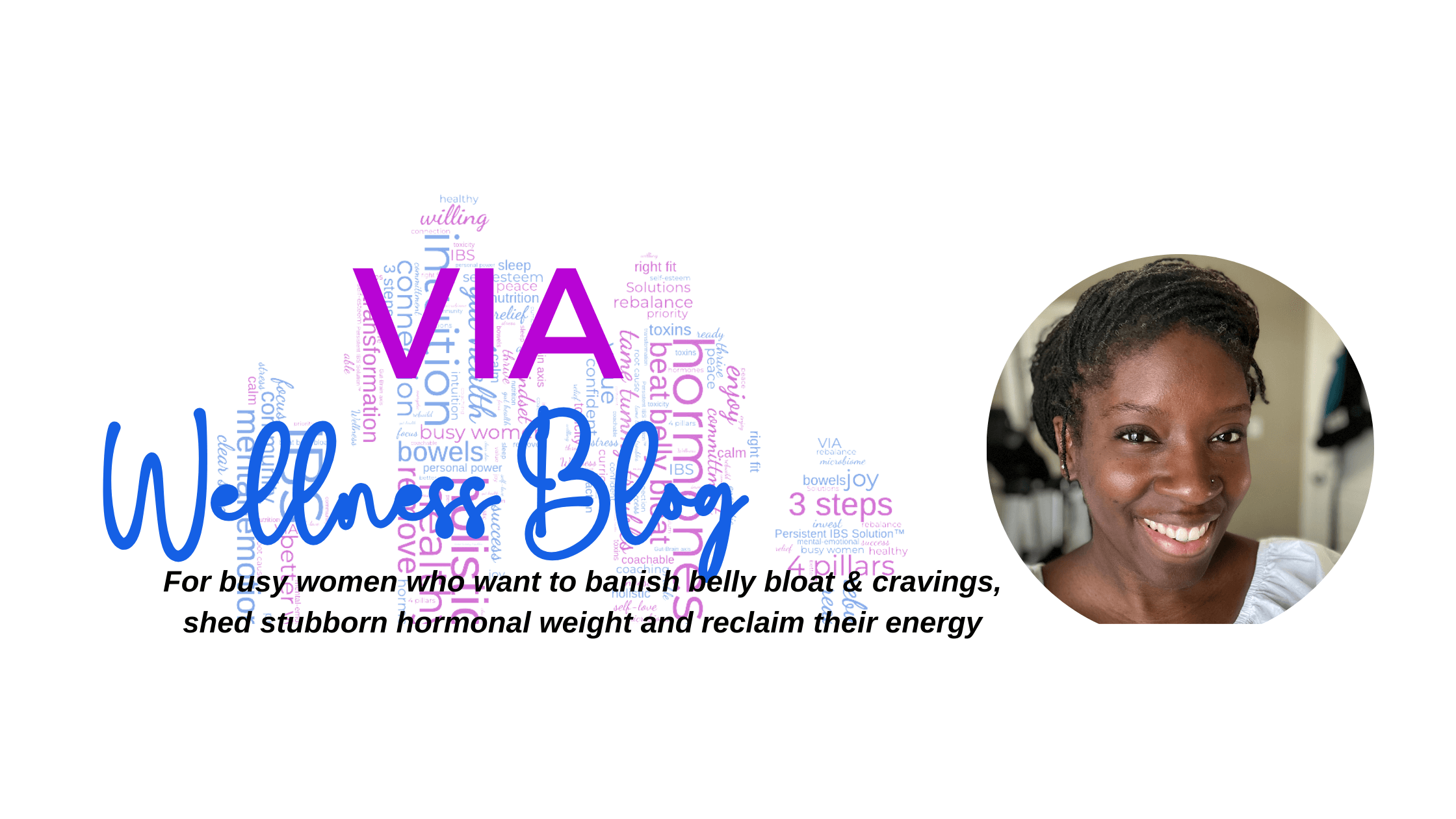
The joy of motherhood can be an exciting and blissful experience. But what if, instead of happiness and joy, the new mom is experiencing weepiness and irritation, and is crying all the time, but does not understand why? What if, instead of excitement at seeing her baby, she has negative feelings and worries that she may hurt her baby? And what if, instead of bliss, she entertains thoughts of suicide? Add to that the shame, confusion, and fear of believing that she alone is having this experience? This is a reality for roughly 13% of women who give birth.
The seemingly idyllic journey into motherhood can take an unexpected turn with the onset of postpartum depression (PPD). Despite being a common occurrence, PPD often goes undiagnosed and untreated due to societal stigma and the misconception that motherhood should be an exclusively joyous experience. In reality, the emotional challenges that some mothers face after childbirth are as diverse as the experiences of motherhood itself.
Postpartum depression is not a sign of weakness or inadequate mothering; rather, it is a medical condition resulting from a combination of hormonal, genetic, and environmental factors. The hormonal fluctuations that accompany childbirth can significantly impact mood regulation, leading to a range of emotional challenges. While it's normal for new mothers to experience the "baby blues" due to hormonal changes, persistent and intense symptoms may indicate a more severe condition: postpartum depression.
The symptoms of PPD extend beyond the typical mood swings associated with hormonal changes. New mothers experiencing PPD may find themselves overwhelmed with feelings of sadness, emptiness, and hopelessness. The sheer act of caring for the baby can become a daunting task, and the once-anticipated bonding moments turn into sources of anxiety and distress.
Moreover, the weight of guilt and shame often accompanies PPD, as mothers may struggle to reconcile their perceived failure to experience unbridled joy with societal expectations. This internal conflict can prevent many from seeking help, exacerbating the isolation and loneliness that often characterize postpartum depression.
Acknowledging and addressing PPD is crucial for the well-being of both the mother and the child. Support from loved ones, open communication about mental health, and the establishment of a strong support network are essential components of the healing process. Mental health professionals play a pivotal role in providing guidance, therapy, and, if necessary, medication to help manage and overcome PPD.
Furthermore, raising awareness about postpartum depression is vital in dismantling the stigma associated with mental health struggles during motherhood. By fostering an environment of understanding and empathy, we can encourage mothers to seek help without fear of judgment, fostering a healthier, more supportive transition into motherhood.
In conclusion, the joy of motherhood should not be marred by the shadows of postpartum depression. Recognizing that PPD is a common and treatable condition is the first step towards breaking the silence surrounding maternal mental health. Every mother deserves the support and care necessary to navigate the challenges of postpartum depression, allowing them to embrace the joy, love, and fulfillment that motherhood has to offer.
















